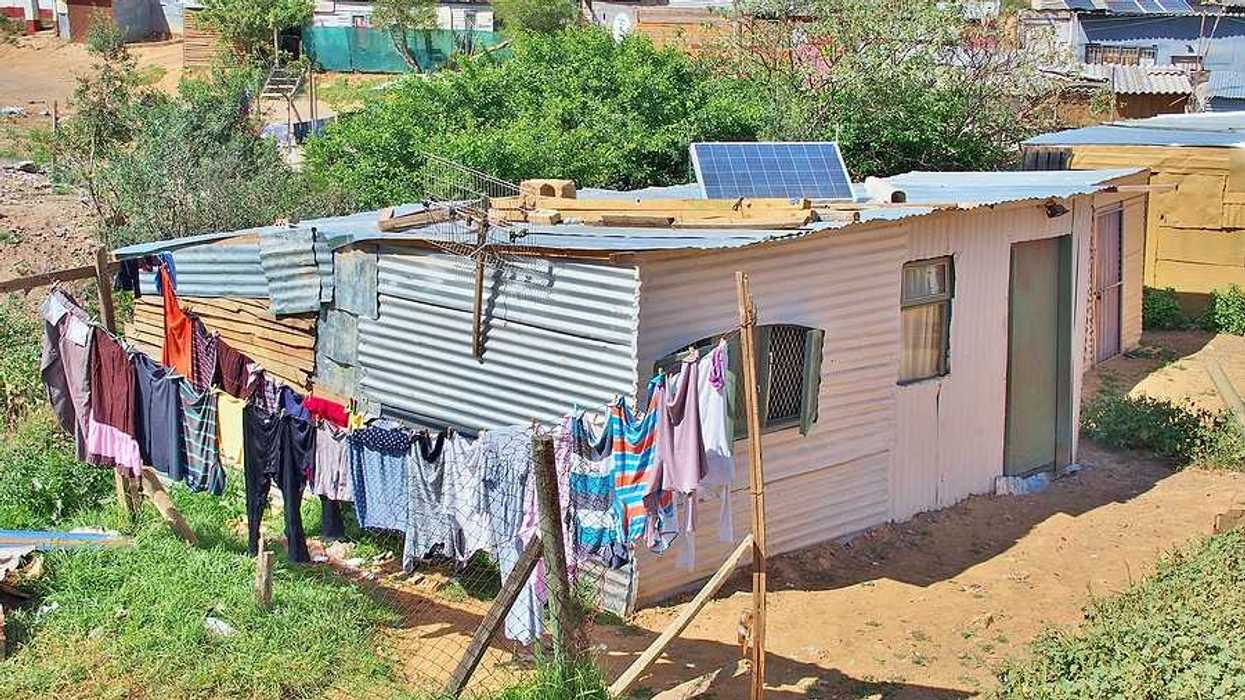A new report highlights the alarming rise in pesticide use in Brazil, revealing significant environmental and health concerns.
Matheus Lopes Quirino reports for Mongabay.
In short:
- The Atlas of Pesticides documents Brazil's surge in agrochemical use, with more than 3,000 pesticides registered, 49% deemed highly dangerous.
- Research indicates widespread contamination in food and water, raising serious public health and environmental issues.
- The report underscores the failure of increased pesticide use to address food insecurity, with 15.5% of Brazil's population affected by hunger.
Key quote:
"We have to think from a local, environmental perspective, rather than an economic one. Today, we continue to use pesticides to solve the problem, but not the root of the problem."
— Marcelo Montenegro, coordinator of socioenvironmental justice programs, Heinrich Böll Foundation
Why this matters:
Brazil is the top consumer of pesticides, a distinction that brings with it complex health and environmental repercussions. Paradoxically, the European Union has enacted measures to control agrochemicals on the continent without ceasing exports to the Global South.
In El Salvador, the cultivation of corn and sorghum is deeply intertwined with local culture and health concerns, particularly regarding the use of agrichemicals.














